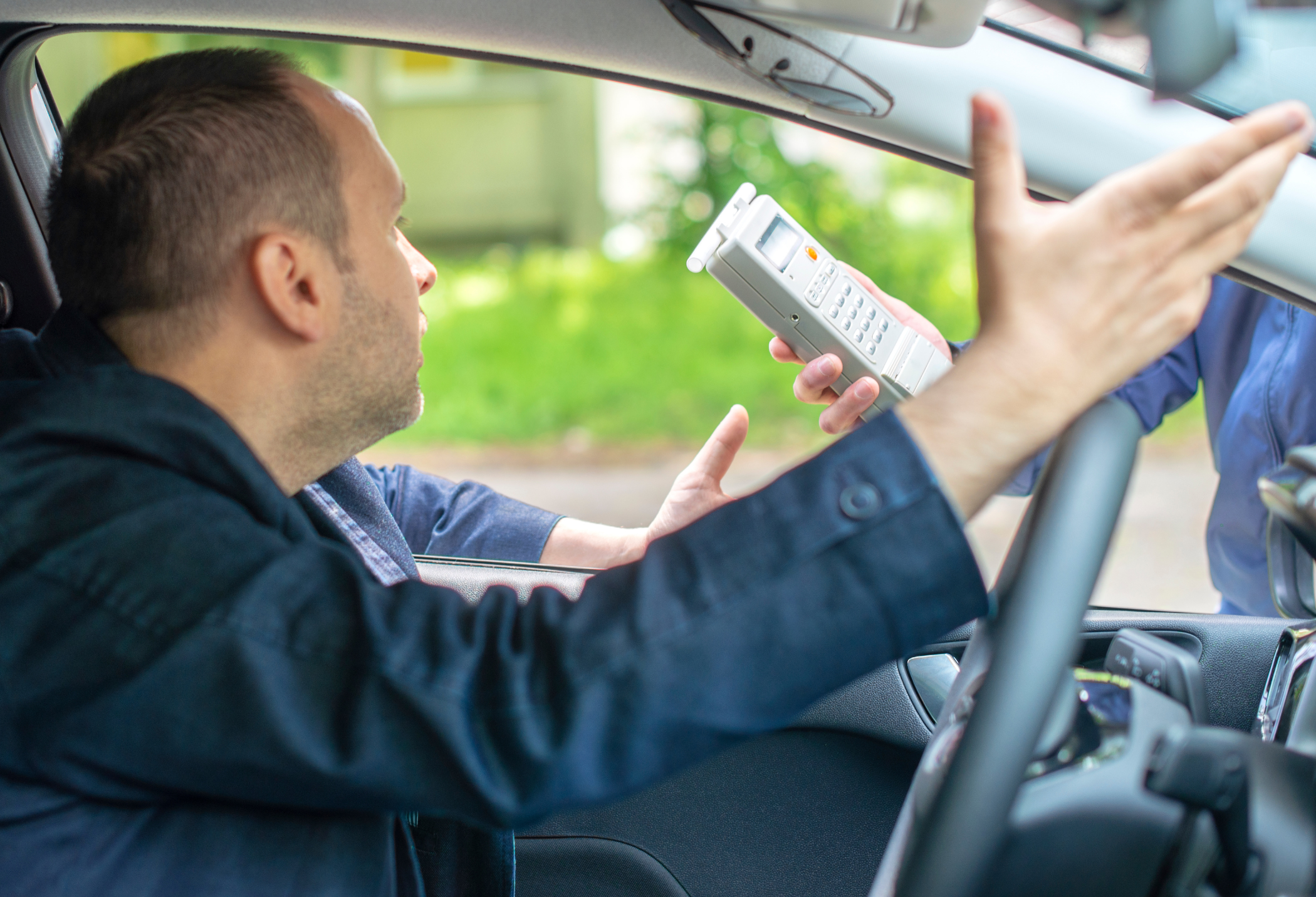
Should I Complete Field Sobriety Tests if Pulled Over for an OVI?
September 11, 2024
When a police officer pulls you over on suspicion of operating a vehicle under the influence (OVI), they may ask you to exit your vehicle to perform field sobriety tests. The anxiety-inducing nature of a traffic stop and the officer’s demeanor may cause many a driver to think they must submit to field sobriety tests. However, drivers can politely decline to perform any field sobriety tests without consequence. Still, by the time an officer asks a driver to submit to field sobriety tests, they likely already suspect the driver of intoxication.
Understanding Field Sobriety Tests
Field sobriety tests are various physical exercises police officers use to investigate suspected incidents of intoxicated driving. Officers may use field sobriety tests to establish probable cause to arrest a driver for OVI. The National Highway Traffic Safety Administration has conducted testing to validate the effectiveness of three field sobriety tests, which represent some of the most frequently used field sobriety tests by law enforcement departments across Ohio:
- The Horizontal Gaze Nystagmus Test – Requires the driver to follow an object like a pen with their eyes to evaluate eye movement reaction
- The Walk-and-Turn Test – Evaluates the driver’s ability to follow directions and remember instructions while splitting their attention between physical and mental tasks, along with the driver’s physical coordination
- The One-Leg-Stand Test – Examines the driver’s balance, coordination, and ability to follow instructions
Ohio’s implied consent law deems drivers as having consented to blood, breath, or urine chemical testing following an OVI arrest. Refusal to submit to chemical testing may result in administrative penalties, such as suspension of driving privileges. However, Ohio’s implied consent law does not extend to field sobriety testing. This means drivers can refuse to submit to field sobriety testing without facing any of the consequences they might face for refusing chemical testing under the implied consent law.
Consequences of Refusing Field Sobriety Tests
Refusing field sobriety testing does not mean a driver will avoid all potential consequences of the traffic stop. Although field sobriety testing can give police probable cause to arrest a driver for OVI, officers can rely on other facts and evidence to form probable cause for an arrest, such as:
- The motorist’s driving behavior, such as drifting or swerving out of their lane or running stop signs or red lights
- The driver’s visual appearance, such as slurred speech, drowsiness, glassy or bloodshot eyes, or unsteady movement)
- The odor of alcohol coming from the driver
As a result, refusing a field sobriety test may not mean an officer will let the driver go.
Pros and Cons of Submitting to Field Sobriety Tests
Submitting to field sobriety testing when you know you have not consumed alcohol or drugs may lead to the officer finding no basis to arrest you for OVI. However, submitting to testing has several drawbacks, including:
- Problems with Test Evaluation – Passing or failing a field sobriety test depends on the officer’s evaluation of the driver’s actions, which may be influenced by the officer’s suspicions of intoxication, leading to confirmation bias.
- Physical and Environmental Factors – Field sobriety tests can produce skewed results for people who suffer from mobility issues or health conditions like limited visual acuity, inner ear problems, or cognitive or memory issues. Environmental factors like wet or uneven ground can also influence test results.
Contact an OVI Defense Attorney Today
Following an arrest for OVI in Ohio, you need qualified legal counsel to protect your reputation and future. Contact DiCaudo, Pitchford & Yoder today for a confidential case review with a knowledgeable OVI defense lawyer to learn how our legal team will fight for your rights and interests when facing drunk or drugged driving charges.